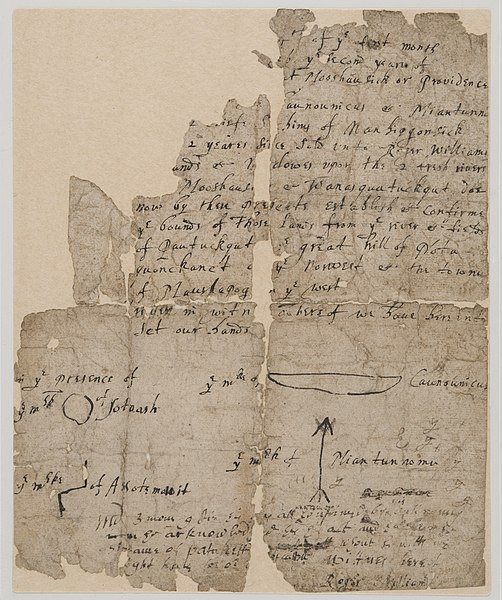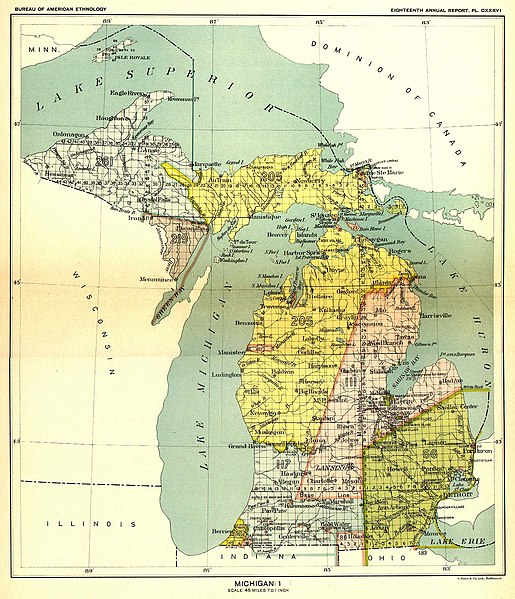Aboriginal title is a common law doctrine that the land rights of indigenous peoples to customary tenure persist after the assumption of sovereignty to that land by another colonising state. The requirements of proof for the recognition of aboriginal title, the content of aboriginal title, the methods of extinguishing aboriginal title, and the availability of compensation in the case of extinguishment vary significantly by jurisdiction. Nearly all jurisdictions are in agreement that aboriginal title is inalienable, and that it may be held either individually or collectively.
Protests against the Foreshore and Seabed Act 2004, which extinguished claims to aboriginal title to the foreshore and seabeds in New Zealand
The Mohegan Sun casino commemorates the site of the world's first common-law indigenous land rights case, decided in 1773.
The Treaty of Waitangi (1840)
The Richtersveld desert
Aboriginal title in the United States
The United States was the first jurisdiction to acknowledge the common law doctrine of aboriginal title. Native American tribes and nations establish aboriginal title by actual, continuous, and exclusive use and occupancy for a "long time." Individuals may also establish aboriginal title, if their ancestors held title as individuals. Unlike other jurisdictions, the content of aboriginal title is not limited to historical or traditional land uses. Aboriginal title may not be alienated, except to the federal government or with the approval of Congress. Aboriginal title is distinct from the lands Native Americans own in fee simple and occupy under federal trust.
A document commemorating a 1636 conveyance of land from Narragansett chief Canonicus to Roger Williams
Johnson v. McIntosh opined that aboriginal title could be extinguished "either by purchase ...
... or by conquest."
Major Native American land cessions that resulted in what is now Michigan








